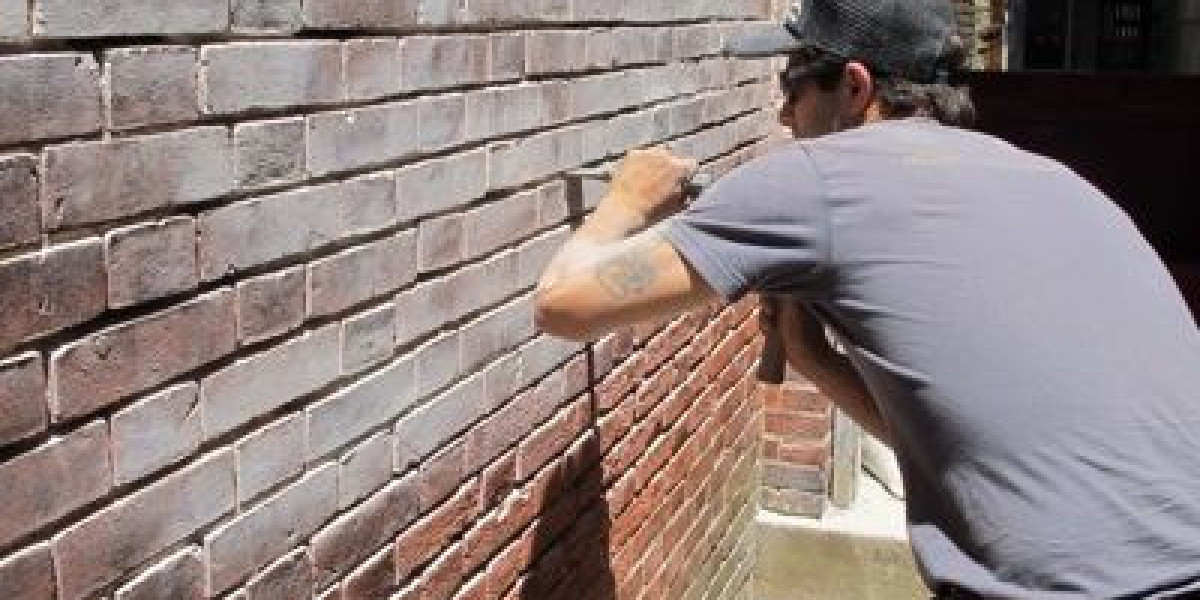When it comes to working on construction projects in the USA, there's one material that's practically ubiquitous: concrete. From foundations and slabs to walls and sidewalks, concrete forms the backbone of countless structures. But what happens when you need to drill through this tough and unforgiving material? That's where concrete drill bit come in.
What are Concrete Drill Bits?
Unlike their wood or metalworking counterparts, concrete drill bits are specifically designed to handle the unique challenges of drilling into concrete. These bits are typically constructed from extremely hard and durable materials like tungsten carbide or industrial-grade diamond.
Here's a closer look at the key characteristics of concrete drill bits:
- Material: As mentioned earlier, cement drill bits are crafted from exceptionally hard and wear-resistant materials. Tungsten carbide is a popular choice due to its excellent balance of hardness and toughness. Diamond offers the ultimate in drilling performance, particularly for heavily reinforced concrete.
- Shank: The shank is the end of the drill bit that fits into the drill chuck. Common shank types for concrete drill bits include SDS Plus and SDS Max, which are designed for high-impact hammer drills. Some bits may also have a straight round shank for use in standard drill drivers.
- Flutes: The flutes are the spiral grooves that run along the length of the drill bit. They serve two critical purposes: channeling dust away from the drilling site and allowing for the efficient removal of debris. Concrete drill bits typically have wider and deeper flutes compared to other drill bits to accommodate the larger dust particles generated during concrete drilling.
- Pilot Tip: Some concrete drill bits incorporate a pilot tip at the very forefront. This pilot tip is usually made from a high-hardness material like tungsten carbide and serves to initiate the drilling process by creating a precise centering hole. This helps to prevent the bit from wandering and ensures a clean, straight hole.
Why Use Concrete Drill Bits?
While it might be tempting to try drilling into concrete with a standard drill bit, it's strongly discouraged. Here's why:
- Standard drill bits lack the durability: Regular drill bits are simply not designed to withstand the extreme hardness and abrasiveness of concrete. They will quickly dull and become unusable, potentially even shattering in the process.
- Inefficient drilling: Standard drill bits won't be able to effectively remove dust from the drilling site, leading to overheating and further reducing drilling efficiency.
- Poor hole quality: Using the wrong drill bit can result in rough, uneven holes that may require patching or rework.
Choosing the Right Concrete Drill Bit
Selecting the appropriate concrete drill bit for your project is crucial for ensuring efficient drilling and achieving clean, professional results. Here are some key factors to consider:
- Hole size: Concrete drill bits come in a wide range of diameters to accommodate various hole size requirements. Choose a bit that matches the exact diameter of the hole you need to create.
- Material type: The specific type of concrete you're drilling into can influence your bit selection. For example, heavily reinforced concrete may necessitate a diamond bit for optimal performance.
- Drill type: Concrete drill bits are designed for use with hammer drills. These drills deliver a hammering action alongside rotation, which is essential for effectively breaking through concrete. Ensure your drill is compatible with the shank type of the concrete drill bit you select.
- Project requirements: Consider the depth of the holes you need to drill and the overall scope of your project. If you're tackling a heavy-duty drilling job, a higher-grade diamond bit might be a worthwhile investment.
Common Types of Concrete Drill Bits
There are several variations of concrete drill bits available, each catering to specific drilling applications:
- Solid Carbide Drill Bits: A popular and cost-effective option for general-purpose concrete drilling. These bits are constructed from solid tungsten carbide and offer a good balance of durability and affordability. They are suitable for drilling into concrete, brick, masonry, and stone.
- Fluted Carbide Drill Bits: Similar to solid carbide bits, but with flutes that run along the entire length of the bit. These flutes enhance dust removal and improve drilling efficiency.
- SDS Plus and SDS Max Drill Bits: These bits feature an SDS shank designed for use with hammer drills. The SDS shank provides a secure locking mechanism that can handle the high-impact drilling required for concrete.









